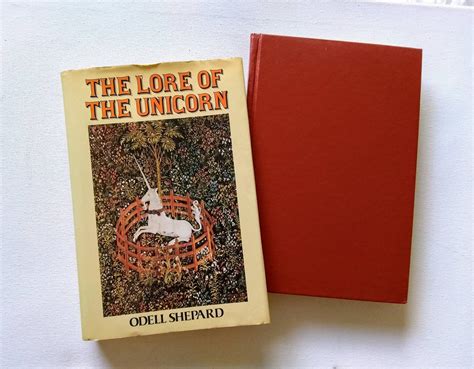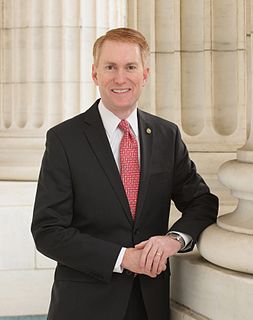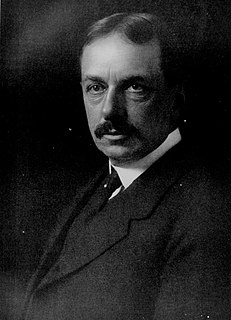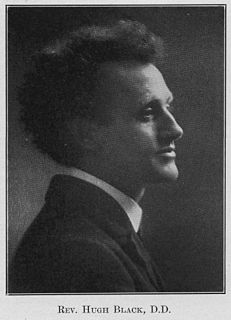A Quote by Odell Shepard
It is always wise, as it is also fair, to test a man by the standards of his own day, and not by those of another.
Related Quotes
No man is so foolish but may give another good counsel sometimes; and no man is so wise, but may easily err, if he will take no others counsel but his own. But very few men are wise by their own counsel; or learned by their own teaching. For he that was only taught by himself had a fool to his master.
Only the mediocre are always at their best. If your standards are low, it is easy to meet those standards every single day, every single year. But if your standard is to be the best, there will be days when you fall short of that goal. It is okay to not win every game. The only problem would be if you allow a loss or a failure to change your standards. Keep your standards intact, keep the bar set high, and continue to try your very best every day to meet those standards. If you do that, you can always be proud of the work that you do.
Man is the only slave. And he is the only animal who enslaves. He has always been a slave in one form or another, and has always held other slaves in bondage under him in one way or another. In our day, he is always some man's slave for wages, and does that man's work; and this slave has other slaves under him for minor wages, and they do his work. The higher animals are the only ones who exclusively do their own work and provide their own living.
The all-round liberally educated man, from Palaeolithic times to the time when the earth shall become a cold cinder, will always be the same, namely, the man who follows his standards of truth and beauty, who employs his learning and observation, his reason, his expression, for purposes of production, that is, to add something of his own to the stock of the world's ideas.
An Athenian citizen does not neglect his state because he takes care of his own household; even those of us who are engaged in business have a very fair idea of politics. We do not regard a man who takes no interest in public affairs as harmless. We do not say that such a man 'minds his own business'. Rather we say he has no business here at all.
There is no telling what a human character is. Until the test comes. To most of us the test comes early in life. A man is confronted quite soon with the necessity to stand on his own feet, to face dangers and difficulties and to take his own line of dealing with them. It may be the straight way, it may be the crooked way --- whichever it is, a man usually learns early just what he is made of.
I've always told Will, 'You can do whatever you want as long as you can look at yourself in the mirror and be okay.' Because at the end of the day, Will is his own man. I'm here as his partner, but he is his own man. He has to decide who he wants to be, and that's not for me to do for him. Or vice versa.
It is ignorance that is at times incomprehensible to the wise; for instance, he may not see 'the positive person' or 'the negative person' in a black and white way as many people do. A wise man may not understand it because, as a catalyst of wisdom, but not wise in his own eyes, even he can learn from and give back to fools. To think that an individual has absolutely nothing to offer to the table is counter-intuitively what the wise man considers to be 'the ignorance of hopelessness'.
We simply cannot continue to live with a [tax] system which has so many inequities. It must be changed in such a way that each of us pays a fair share of the burden. It has been said that one man's loophole is another man's livelihood. Even if this is true, it certainly is not fair, because the loophole-livelihood of those who are reaping undeserved benefits can be the economic noose of those who are paying more than they should.


































